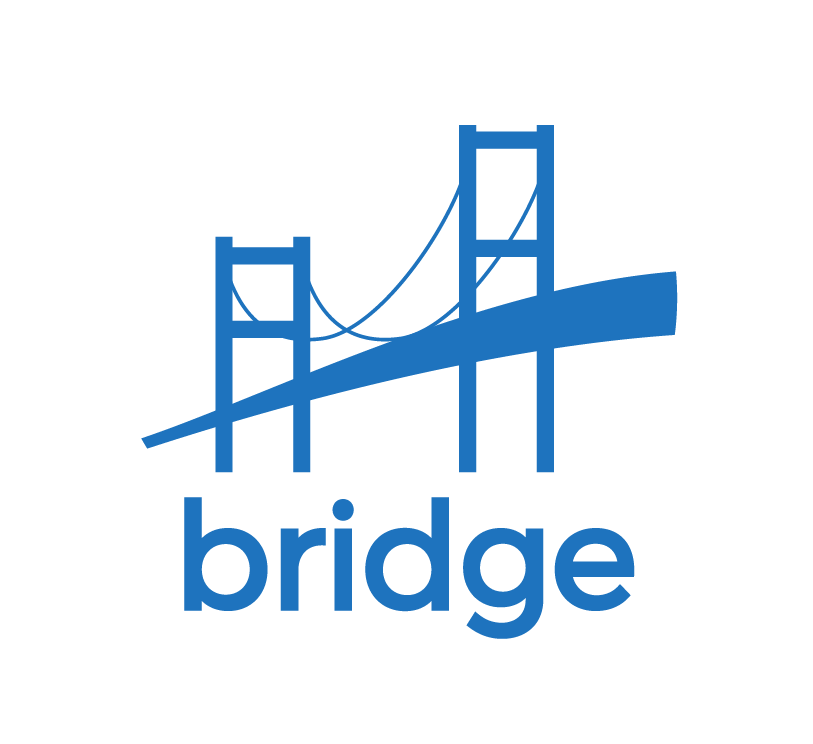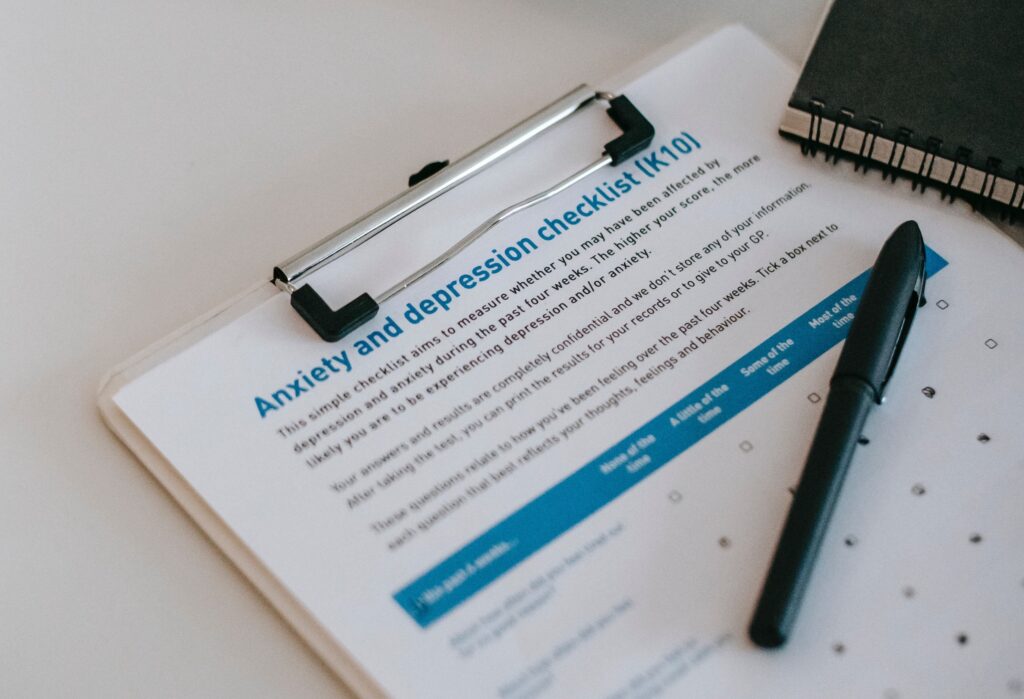Acceptance and Commitment Therapy (ACT) is therapy approach that helps clients learn new ways of approaching difficult experiences. The idea is that difficult experiences often interfere with living our values and in turn contribute to psychological difficulties. How does ACT help clients and where is there accessible ACT therapist training?
ACT was initially developed by Steve Hayes at the University of Nevada. It combines eastern philosophical practices (e.g., mindfulness) and with behavioral principles regarding human language. Hayes’ Relational Frame Theory (RFT) is a theoretical account based on B.F. Skinner’s theory of verbal behavior. Verbal behavior and RFT attempt to define our internal verbal experiences (e.g., thoughts and emotions) in ways consistent with key tenets of behaviorism.
ACT also proposes that our tendency to want to avoid difficult internal experiences (aka “experiential avoidance“) often results in us not living in accordance with what we value. For example, we may value being a good and helpful friend to others. Social anxiety related to thoughts we have that we are not good enough may lead us to avoid discussing social situations or entering into them.
This results in us being unable to give time or support to our friends. In this example, this usually leads us to become even more anxious and to lose out on social support. ACT (pronounced as the word “act”) works to help people find methods to actively approach their difficult experiences in new ways so they are able to live consistently with those values. They then experience relief and fulfillment. Good news: ACT therapist training is widely available to help.
ACT accomplishes this by teaching clients to learn how to accept their internal experiences and not fight them or attempt to change them. (Changing experiences is thought to be a form of avoidance in ACT.) Or clients learn to use cognitive defusion to respond to negative thoughts. You might have heard about the “leaves on a stream” exercise by which clients learn how to observe their thoughts. Those thoughts simply float by without the person judging themselves for them. That’s cognitive defusion!
Research finds ACT is efficacious compared to control conditions and other active treatments (except CBT, in many cases) for a number of conditions. Participants show improvement in depression, anxiety disorders, OCD, addiction, pain, and a few other difficulties.
For therapists interested in learning how to conduct ACT, there are good therapist resources and therapist trainings to use. First, PsychWire has a good foundational ACT therapist training and trainings for a few specific difficulties. Psychotherapy Academy also has a multiple trainings and case examples that also provide CE hours. Between these two resources, therapists can build a good ACT toolbox.
There are good therapist resources for those interested in learning the fundamental tenets of ACT and using it to help clients. This gives therapists a chance to help clients “act” in accordance with their values and live a fuller life.














